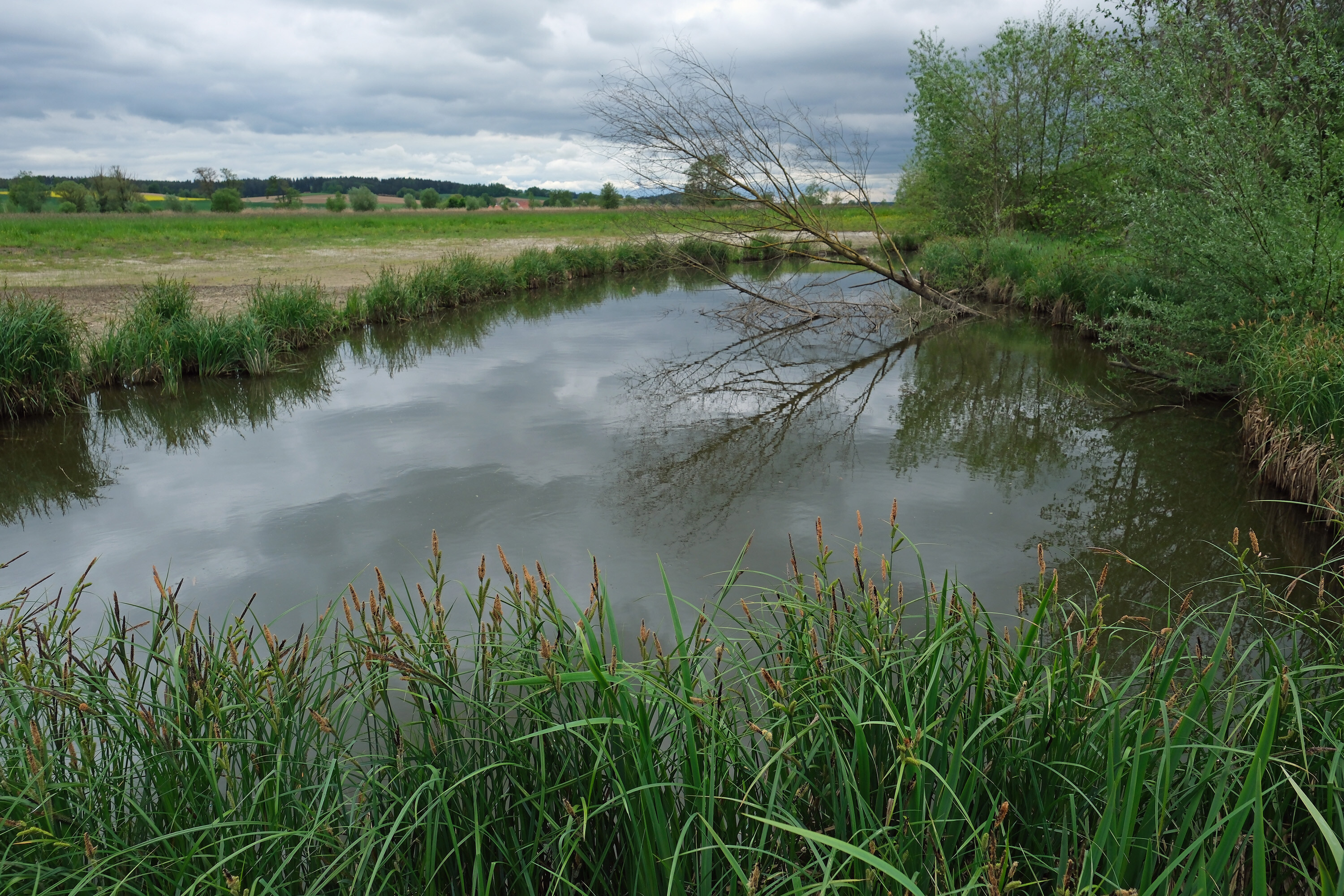Ecological corridor in Germany on a tributary of the Danube

Habitat & Corridors is the area of intervention of Fondazione Capellino which takes care with the restoration of ecosystems and the creation of biodiversity corridors.
The size of natural habitats and their transformation into integral biodiversity reserves, i.e. with minimal human presence and negligible impact, is a determining factor for the protection of biodiversity.
We have identified a first solution which could represent a model for the concrete application of the Nature Restoration Law in Europe: creating ecological corridors that connect natural areas and large parks to each other, expanding habitats through real nature roads.
We are conducting an in-depth study with Wageningen University and the EURAC research institute to define the most important European ecological corridors for connecting fragmented habitats.
In Germany, in the heart of Bavaria, Fondazione Capellino together with Deutsche Verband für Landschaftspflege (DVL) wants to create a pilot project for the creation of a corridor that connects three existing protected areas along the Große Laber, a tributary of the Danube.
The objective is to create an integral reserve near the river, which is assigned an ad hoc protection status of "Biodiversity Corridor between Natura2000 protected areas" and where minimal renaturalization interventions can be carried out, with particular attention to the management of freshwater, recovering ponds, small lakes and wetlands, which are essential for avifauna and microfauna.
In the surrounding areas, public lands can be managed by agricultural companies that are committed to respecting biodiversity, without the use of any synthetic fertilizers, according to a management plan drawn up by DVL. Farmers will also be allowed to practice extensive grazing in dedicated areas. Local productions, in particular the beef supply chain, will benefit from a "Labertal Ox" brand intended to enhance local productions.
In order to regulate tourist activities, whose access to the biodiversity corridor will be prohibited, a wooden birdwatching tower will be built near the village of Langquaid to allow observation of the biodiversity corridor without disturbing the fauna. Paths and cycle paths will be brought outside the project area.
The intervention is complex due to the many interests at stake, which also concern political and economic choices. We need to overcome the current human mental form and understand that the survival of our species, in a limited space like our Planet, depends on sharing it with other lives. The Reintegration Economy is a possible solution: 100% of Almo Nature's profits are allocated to Fondazione Capellino to carry out projects to safeguard biodiversity.
For this reason, the biodiversity corridor in Bavaria is made possible thanks to the support of all those who choose Almo Nature products: every purchase helps support vital projects like this, protecting our Planet and its precious biodiversity.

